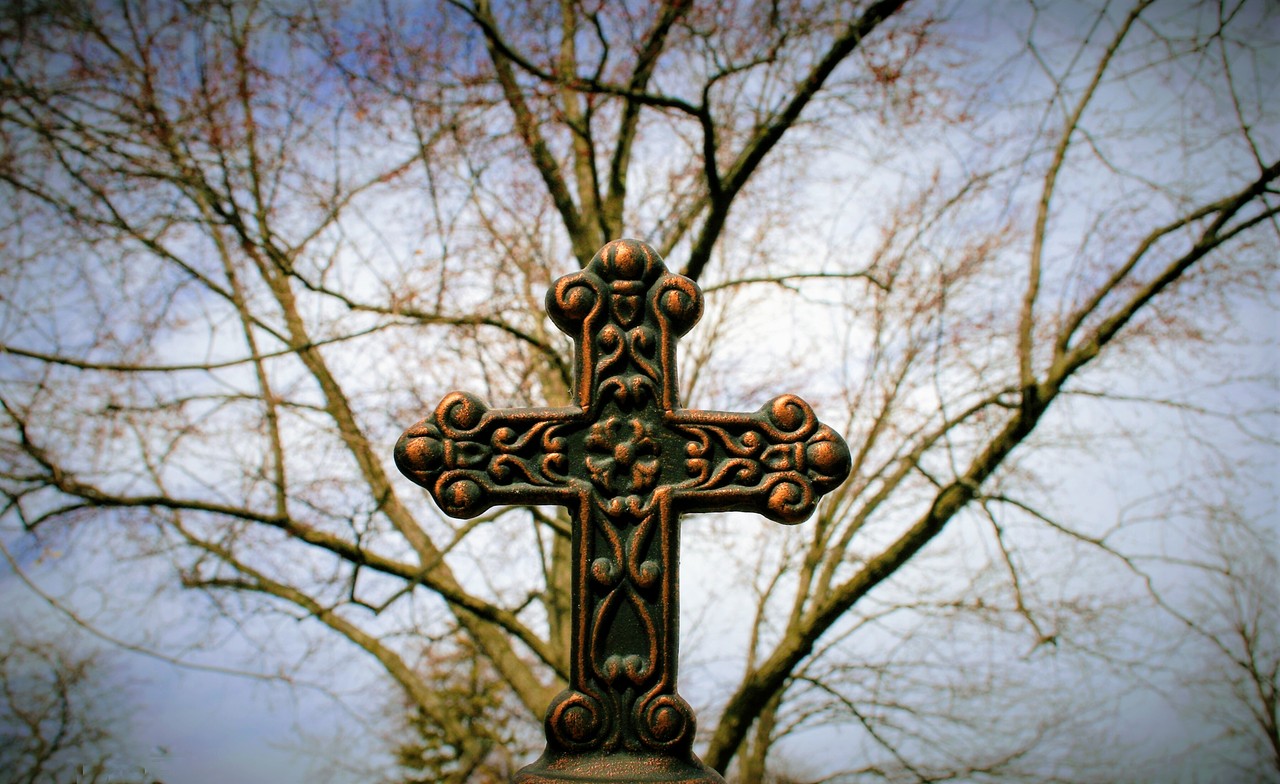Secondary Relationship by Lorraine Triggs
Shortly before I headed off to Moody Bible Institute as a freshman, the Institute mailed me the student handbook, which I was to read, sign and agree to abide by. Most of the rules made sense, but the dress code, well, that was an entirely different matter.
This was back in the early 70s, and I wore jeans every day to high school. In fact, my high school didn’t even have a dress code. It was liberal before its time. We had open lunch and could leave school whenever we wanted. Some of my Christian friends and I took over one of the restrooms, decreeing that no cigarette or pot smoke was allowed. (Believe it or not, our fellow students respected our takeover.)
If I had to wear a dress, I wore granny skirts and peasant blouses (vintage at a young age.) I wore clogs or sandals or Chugga boots, not ballet flats or high heels.
I was in big trouble even before I started classes. “I don’t want to buy different clothes,” I whined to my mother. “These are stupid rules. Why can’t I wear jeans?”
My mother flipped through the handbook, not tipping her hand one way or the other about the rules. “Well, you do want to go there, right” she asked. I nodded.
“You’ll need to sign it, right?” I nodded, not liking where this was headed. “And if you sign your name, you’ll follow the rules, right?”
I didn’t nod in agreement, instead I asked my favorite question that I had been asking since I was a toddler, “Why?”
The answer was obvious to my mother and it had nothing to do with rule-keeping. “Your name is as good as your word. If you sign it, then you need to keep your word.”
I'm glad my mother maintained this secondary view of rule-keeping. It's a reminder that rules are good, but not the end all, nor the way to righteousness or relationship.
Though the church I grew up attending was full of rules, my mother never let me confuse those rules with personal holiness. It was the people mattered, not the clothes they wore or what they did or didn't do. I could be a Pharisee in jeans or a dress, and she would have none of that. When you give your word to a person, you had to keep it, whether you were in a formal dress or wearing jeans with holes in the knees. So now the same sort of teaching was extending out to my school of choice.
When I read the prologue to the law in Exodus 20:2, I hear relationship: "I am the Lord your God, who brought you out of the land of Egypt, out of the house of slavery," and Colossians 1:13 echoes in my heart: "he has delivered us from the domain of darkness and transferred us to the kingdom of his beloved Son."
On those days when my inner Pharisee makes an appearance, I remember that God has done the delivering, I remember that God wants wholehearted devotion, not my self-righteousness, and then I rest in the truth that I can depend on him to keep his word forever.

